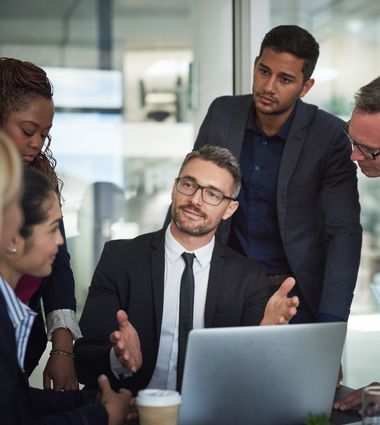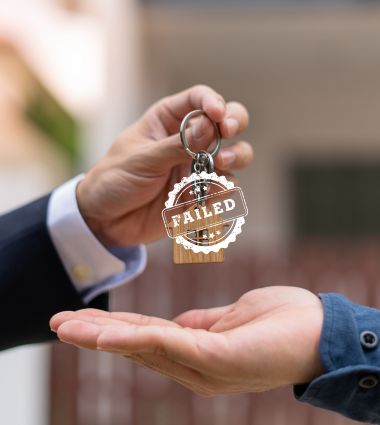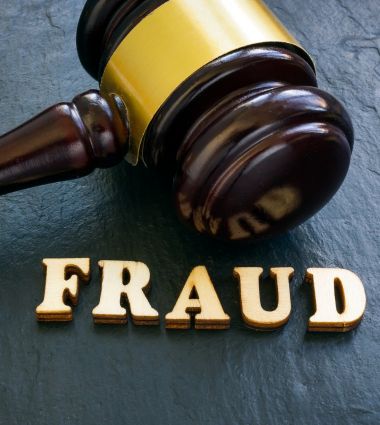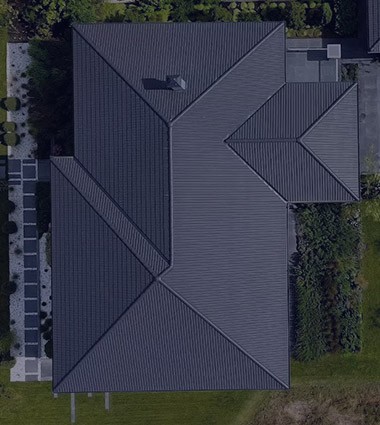Why Reviewing a Condo Status Certificate Is Important Before Buying in Ontario
Buying a condo in Ontario isn't just about square footage and location; it's also about what’s buried in the paperwork. One of the most important documents in the entire process is the status certificate. It may not sound exciting, but skipping over it or misunderstanding what it says can lead to unexpected costs, legal headaches, and buyer’s remorse.
Think of the status certificate as a health checkup for the condo and the condo corporation. It tells you if the building is financially stable, if there are hidden liabilities, and whether any big repair bills or legal disputes might come knocking after you move in.
This is where a condo status certificate becomes necessary. A lawyer who knows what to look for can help protect your investment (and your peace of mind) long before the closing date.
What Is a Condo Status Certificate?
A condo status certificate is a document that gives a snapshot of the financial and legal health of the condo unit and the entire condominium corporation. If you're buying a condo in Ontario, this isn't just some routine paperwork — it’s one of the most important tools to help you make an informed decision.
- The unit’s monthly maintenance fees and whether any payments are overdue
- Details about the reserve fund (basically, the savings for major repairs)
- Any upcoming special assessments, extra payments that owners might be required to pay
- Legal matters, like whether the condo corporation is involved in a lawsuit
- Rules, restrictions, and bylaws that affect how you can use the unit (e.g., pet policies, renovations, or short-term rentals)
In Ontario, sellers are legally required to provide this document if requested. It usually takes about 10 days to prepare. The cost is capped (often around $100), and it must be current at the time of review.
Reading a status certificate isn’t always straightforward. There’s legal language, financial figures, and clauses that can be easy to miss. That’s why having an Ontario real estate lawyer review it before finalizing your purchase is so important.
Key Components of a Status Certificate
1. Reserve Fund Balance
A strong reserve fund means the condo is financially healthy. A weak one could spell future repair costs. Your lawyer will assess the fund’s status against the Reserve Fund Study.
2. Special Assessments
Suddenly, one-time fees could be lurking. A real estate lawyer in Mississauga can spot patterns or pending charges you might miss.
3. Maintenance Fees and Budget
Fees too low? That could mean major hikes later. A lawyer will check the annual budget for gaps.
4. Legal Disputes
Any ongoing lawsuits could become your financial problem after closing.
5. Insurance Coverage
Understand what's covered by the building’s insurance, and what you’ll need to insure yourself.
6. Condo Rules and Bylaws
Planning to rent out your unit or own a pet? Make sure the bylaws don’t conflict with your plans.
Why a Legal Review Is Worth It
Your lawyer can update your Agreement of Purchase and Sale if red flags are found. This helps protect your interests and your money.
Need Help with a Status Certificate?
At Khan Law, our experienced real estate lawyers across Ontario help you avoid surprises and secure your condo purchase with confidence. We serve clients in Milton, Oakville, Toronto, and all surrounding areas.
Contact us today to review your status certificate before you close the deal.
Real Estate
Family Law
Wills & Estates
Immigration
Join Our Mailing List.
Sign up with your email to receive our newsletter and stay informed about the latest legal developments and special offers.







































































